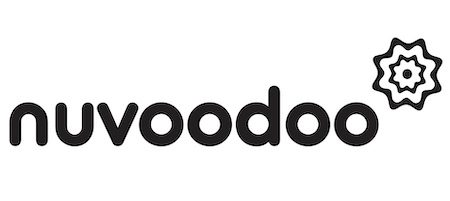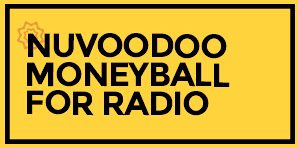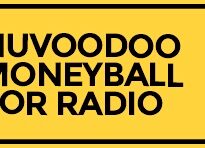Moneyball: The Case for Cheaper Contest Prizes


If your crosstown rival seems to be giving away $1000 an hour all week long, it may feel hopeless to launch your own contest. However, well-conceived contests can be worth the time, effort, and (modest) budget — provided you’ve set clear goals for your promotion (beyond the broader hope of higher ratings).
Anecdotally, we’re aware of stations in large metros where winners didn’t even bother to pick up the $100 contest prizes they’d won — the requirement to come to the station for a modest prize was too much. And while $100 on its own won’t get the kind of interest that cash amounts of $500 and $1000 get, an extra hundred dollars is still a desirable thing to have if you understand that it’s (a) not hard to try to win, and (b) not hard to collect.
With Nielsen moving to electronic fulfillment of its incentives and prizes, you’re appealing to the types of people who will participate in the ratings when you fulfill your contests prizes via PayPal, Venmo, Zelle, etc. Sharp operators are integrating these payments into their station apps — which is right in line with the experiences that Nielsen is designing within its methodologies.
Sometimes you can enhance the perceived value of a lower-cost prize by surfing the moment. Concert tickets can fall under that heading. So can theme park tickets and season passes. $100 cash can serve that mission if it’s positioned as paying for, say, a controversial congestion charge. These things require planning and staying on top of what’s going on within the lives of your listeners, but they’re certainly worthwhile.
If you’re ever tempted to write promotional copy including words like, “all you have to do to win is …” — please consider all the things listeners really MUST do every day. They don’t have to do anything for your station. Pre-registration can be great for listeners — as long as it’s (1) hyper easy, and (2) requires only minimal information. Done well and carefully managed, pre-registration builds your database, reducing the expense of staying in touch with listeners (and is incredibly valuable to both programming and sales). Text-to-win games are also great if you’re capturing listener phone numbers and permission to text them in the future (with the goal of getting more of their valuable PI ingested, to build your database).
To get participation in your contest, listeners need to feel confident that your game is legitimate — that you’re really giving away the prizes. Proof of performance promos on the air are the most powerful tool here (along with postings on your website, apps, and socials). With text-to-win and other non-voice contact, you’ll need to work a little harder to get winner audio, but it’s essential to maintaining confidence in your contest and getting participation. Make sure you can use names, neighborhoods, places of employment, likenesses, anything you can think of to make your winners relatable to listeners.
The Spring Book starts April 3. Whether it’s a last-minute music test or a tightly targeted digital marketing campaign, NuVoodoo would love to help your stations stay ahead of the competition. An email to tellmemore@nuvoodoo.com will get quick attention from the right member of our team.
Additionally, NuVoodoo marketing guru Mike O’Connor is publishing important marketing insights from our latest general study, NuVoodoo Media and Marketing Study 25, twice every week at nuvoodoo.com/articles. — Leigh Jacobs




